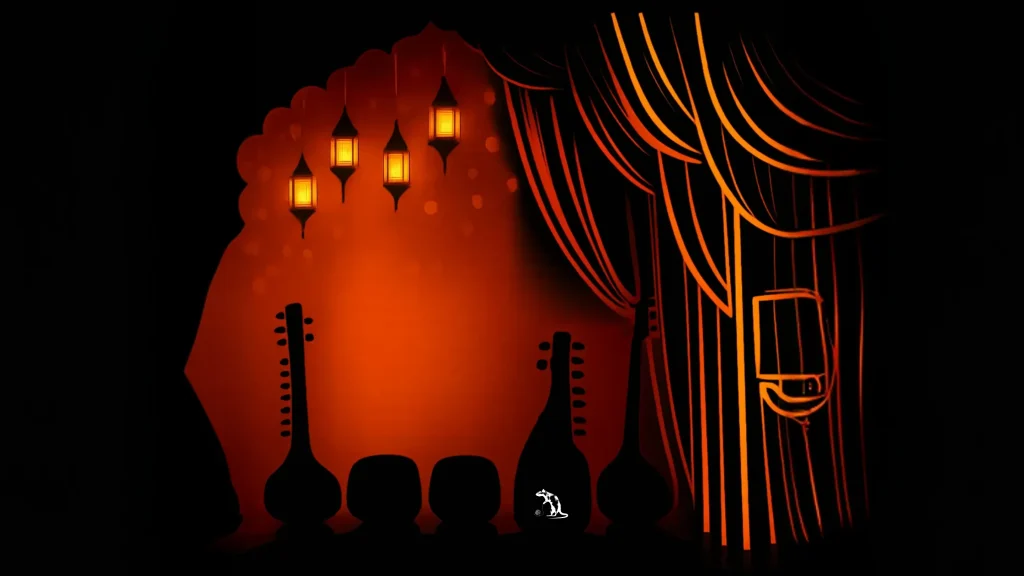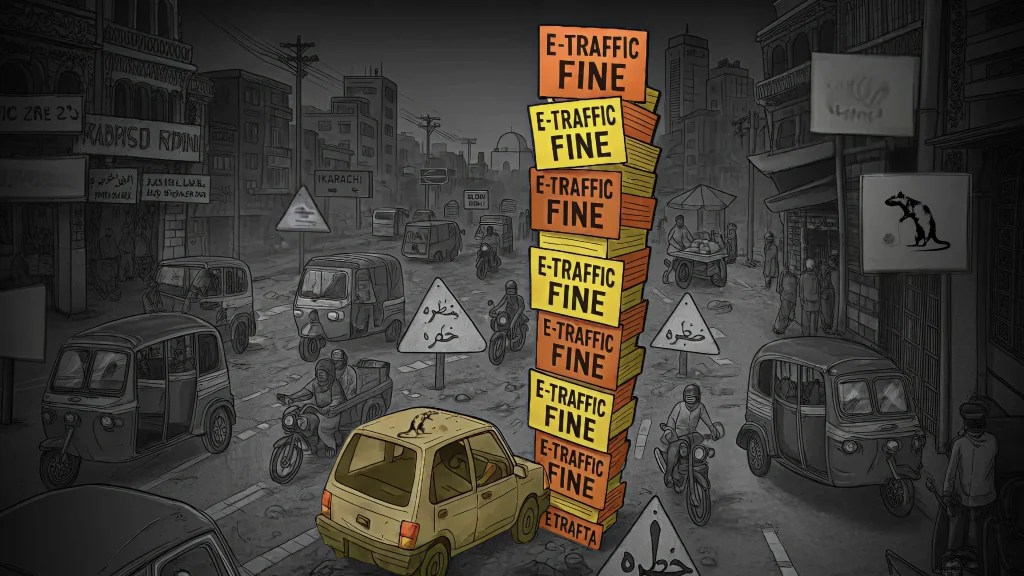The Digital Leech
It starts with a pair of straight-fit jeans. One day, they’re everywhere – on your feed, in every influencer’s haul, styled effortlessly on people who look like they belong in an indie film. A week later, you find yourself at checkout, justifying the purchase as your own preference. But was it ever really your choice??
What you seek is seeking you.
One must ponder, however, what if what we seek isn’t truly ours to begin with? What if our desires, ambitions, and even identities have been hijacked – instilled in us not by introspection, but by an algorithm designed to keep us engaged, scrolling, consuming?
We like to believe we’re free thinkers, making our own choices, carving our own paths. Yet, in an era where social media dictates trends, opinions, and even morality, are we truly thinking for ourselves, or simply echoing what is fed to us?
Once, individuality was something to be cultivated—a journey of self-discovery, shaped by experience, introspection, and struggle. Today, it’s a preset aesthetic, a curated identity that fits neatly within the confines of digital validation.
Social media doesn’t celebrate uniqueness; it homogenizes it. We don’t develop personal tastes – we adopt trending ones. Our opinions are not formed through critical thinking but through viral tweets and 15-second reels. We’re told what to wear, to watch, who to cancel, what to praise. And in our desperate attempt to be different, we’ve all started looking exactly the same.
Aesthetically pleasing templates. Viral catchphrases. The illusion of authenticity.
We’ve confused individuality with self-branding. The most successful “independent” thinkers on social media are those who market themselves best. The influencers who tell us to break free from societal norms have, themselves, been neatly packaged into a product—engagement-driven, algorithm-approved.
Herd mentality isn’t new. Humans have always sought validation in numbers. But where communities once formed through real connections, shared values, and lived experiences, today’s digital herd is built on something far more fragile: visibility.
Agreeing with the loudest opinion online isn’t about conviction; it’s about survival. Dissent, nuance, or even silence can cost you social standing, engagement, or worse, relevance.
This is why cancel culture thrives, why outrage cycles are endless, and why pop culture discourse feels increasingly shallow. Thoughtfulness takes time; social media doesn’t allow it. The next trending controversy is already waiting.
Pop culture was once a reflection of the world—now it dictates how we see it. Art, music, and cinema used to challenge us, provoked thought. Today, they’re optimized for viral potential. Movies, with meme formats in mind. Music engineered to go viral on TikTok. Even activism is curated to be digestible, shareable, and brand-safe.
What does this mean for us?
It means we’re no longer just passive consumers of pop culture—we’re active participants in its manipulation. We push what the algorithm favors. We cancel what doesn’t fit the mold. We create, not for expression, but for engagement.
We’ve become the product of the very system we believe we’re consuming.
The battle for individuality isn’t lost—it’s just buried under an avalanche of content. We must be willing to dig deeper, to seek beyond what is fed to us. Because in a world where everyone is watching, the rarest thing you can be is truly yourself.



